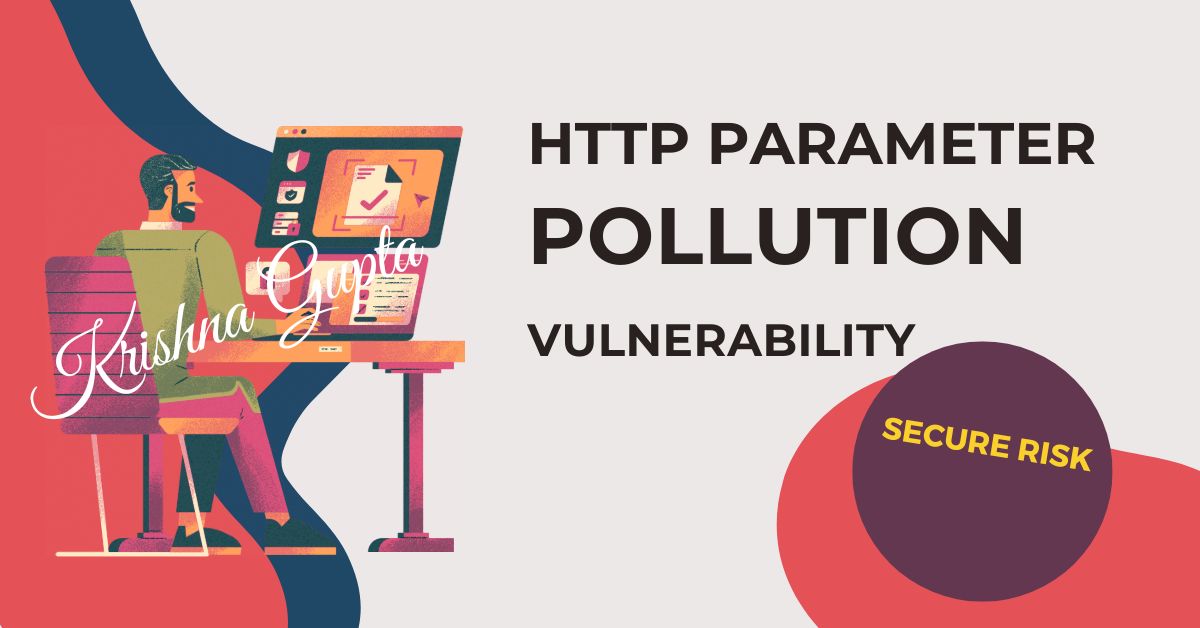Insecure Deserialisation: An Essential Guide for C-Suite
Insecure deserialisation refers to a scenario where an application deserialises data without validating its integrity or origin. This process, if compromised, can allow attackers to inject code, manipulate data, or trigger unintended operations within an application. For example, if an attacker injects crafted data into the deserialisation process, they could potentially gain control over the application server, extract sensitive information, or cause service disruptions.




